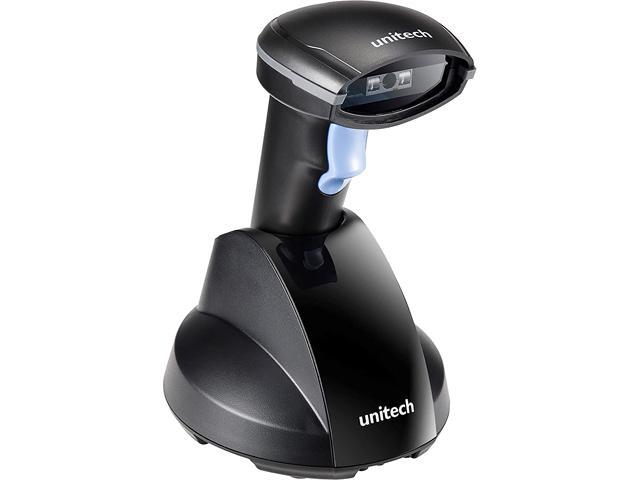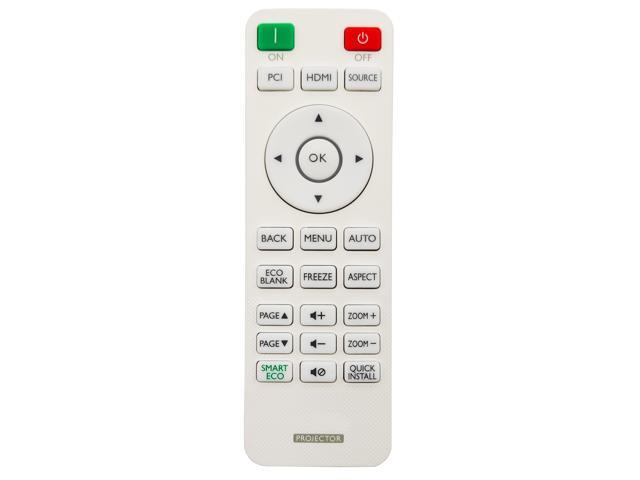Wireless sensor networks (WSNs) are a special class of ad hoc network in which network nodes composed of tiny sensors pass data such as temperature, pressure, and humidity through the network to a central location. Wireless sensor multimedia networks (WSMNs) are a special category of WSNs in which the sensor nodes are small cameras and microphones that can send voice, image, or video data through the network. This book presents the latest advances and research in WSMN architecture, algorithms, and protocols.
WSMNs are attracting great attention from academia and industry due to the variety of applications in which they can be deployed.Wireless Sensor Multimedia Networks: Architectures, Protocols, and Applications explores the many benefits of WSMNs and the variety of applications in which they can be used-surveillance, traffic monitoring, advanced healthcare (blood pressure and heart rate monitoring), habitat monitoring, and localization services (finding missing children or wanted criminals).
The contributed chapters in this book explore current research into key areas such as
- New quality-of-service-aware routing protocols that support a high data rate in WSMNs
- Cognitive radio capability that increases efficiency of spectrum utilization and decreases the probability of collision and contention
- Multimedia streaming optimization techniques
- New security schemes for real-time video streaming
- Various ways of optimizing power consumption in WSMNs
Wireless Sensor Multimedia Networks: Architectures, Protocols, and Applications
discusses open research issues and future trends in WSMNs. With this book, academic researchers, engineers, and graduate students will be well-equipped to advance the research in this emerging field.














